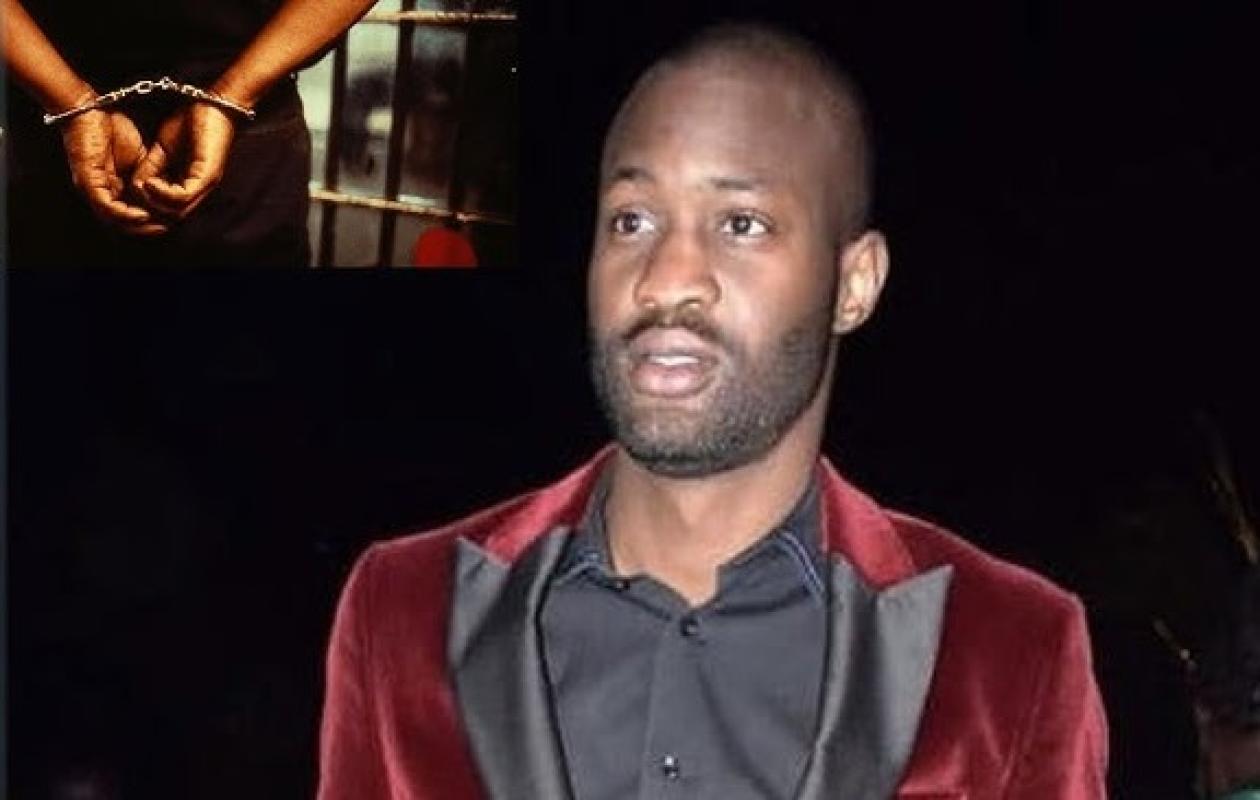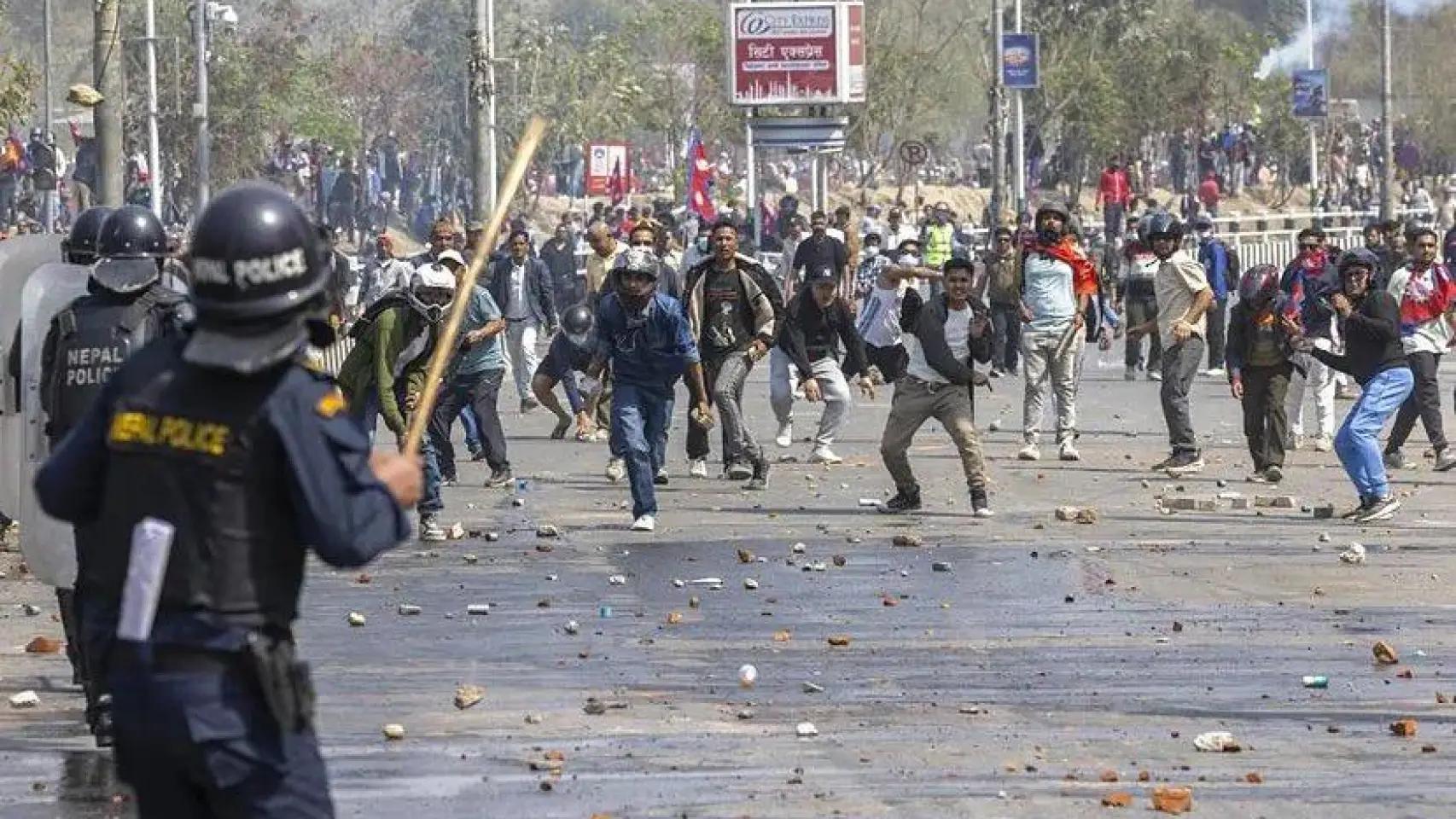Equatorial Guinea's Annobón Island Faces Year-Long Internet Outage After Protest
Residents of Equatorial Guinea's Annobón island have been subjected to a year-long internet outage after protesting the activities of a Moroccan construction company, Somagec. The island's access to the internet was cut off in July of last year after residents complained about the company's use of dynamite, leading to widespread repercussions for the island's inhabitants.
Repression and Isolation on Annobón
Dozens of residents who signed the complaint were imprisoned for nearly a year, and the internet shutdown has crippled essential services. Local residents have reported fleeing the island due to fear for their lives and the difficulties of living without internet access. Banking services have been suspended, and emergency hospital services have been severely impacted, forcing residents to rely on expensive and heavily monitored cellphone calls as their primary means of communication.
- Internet shutdown initiated after complaints about Somagec's construction practices.
- Imprisonment of residents who signed the complaint.
- Suspension of essential services, including banking and healthcare.
Government Control and Allegations of Corruption
The government's action comes amid scrutiny of Equatorial Guinea's human rights record and potential loosening of corruption sanctions against the country's vice president by the Trump administration. Activists allege that Somagec has ties to the president, although this connection remains unconfirmed. The situation is described as “extremely serious and worrying” by one of the signatories, who spent 11 months in prison. Macus Menejolea Taxijad, a resident now in exile, notes that phone calls are heavily monitored.
Annobón's History of Marginalization
Located about 315 miles from Equatorial Guinea's coast, Annobón is one of the country's poorest islands and has a history of conflict with the central government. The island, with a population of around 5,000, has been seeking independence for years, accusing the government of neglecting its residents. Activists highlight that the internet shutdown is the latest in a series of repressive measures, including arrests and a lack of essential services like schools and hospitals. Mercè Monje Cano of the Unrepresented Peoples and Nations Organization emphasizes the island's political, cultural, societal, and economic marginalization.
Company's Defense and Residents' Plight
Somagec's CEO, Roger Sahyoun, has denied any involvement in the internet shutdown, stating that the company relies on a private satellite connection. He defended the use of dynamite blasting as essential for construction projects, claiming that all necessary assessments were conducted. However, residents remain cut off from the world, unable to access even the private satellite deployed by the company. Tutu Alicante, an Annobón-born activist, emphasizes the isolation and lack of communication faced by the island's residents.
International Condemnation
Amnesty International's 2024 report highlighted mass surveillance within Equatorial Guinea. The island’s troubles further underscore the challenges faced by the nation which is led by Teodoro Obiang Nguema Mbasogo, Africa's longest-serving president. Despite the country's oil wealth, a significant portion of the population lives in poverty, contrasting sharply with the luxury enjoyed by officials and their inner circle. The UN's top court recently declined Equatorial Guinea’s request for the return of a Paris mansion confiscated in a corruption probe. Felicia Anthonio of Access Now noted, "So, the first thing they do during a protest is to go after the internet."
 Visit the website
Visit the website



